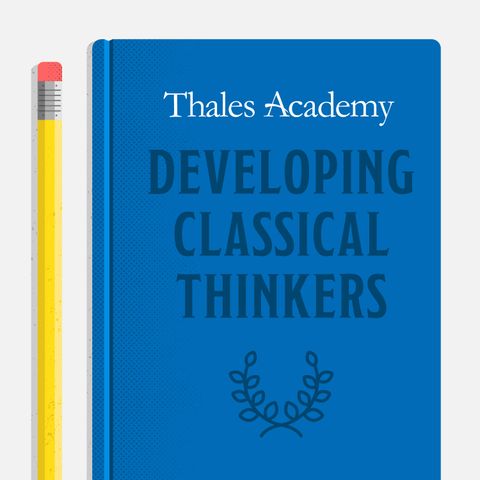Artificial Intelligence: Yet Another Hurdle for Teachers & Students

Descarga y escucha en cualquier lugar
Descarga tus episodios favoritos y disfrútalos, ¡dondequiera que estés! Regístrate o inicia sesión ahora para acceder a la escucha sin conexión.
Descripción
In November of 2022, OpenAI launched ChatGPT, a chatbot capable of answering simple questions from users to writing papers, essays, blogs, and other forms of longform communication–sometimes so well that...
mostra másSince then, educators have been divided in their response to ChatGPT: do we embrace this new form of technology and teach students how to use it effectively, or do we encourage students to refrain from using it, even as more and more professionals in a wide number of fields are using chatbots to do their work for them–marketing, insurance, finance, healthcare, and more. But in the field of education, will this form of technology actually deliver on its promises to students. Or, will it be as earlier innovations, like devices in classrooms, that underdelivered on its promises and may have actually impeded student progress?
In this panel, classical education leaders Joe Davison (Thales College), Chelsea Wagenaar (Ph.D., Thales Academy Rolesville), Winston Brady (Thales Press), and Matthew Ogle (Thales Academy Rolesville) on the background of ChatGPT, hy students should not use these products, and what these AI-empowered technologies mean for students and educators going forward. In short, this panel of teachers and leaders explained why students should refrain from using artificial intelligence chatbots students in their writing because such programs shortcircuit the valuable process of writing, researching, and ultimately thinking for oneself.
This panel was held on April 25, 2024 at the Thales Academy Rolesville campus.
Información
| Autor | Thales Press |
| Organización | Developing Classical Thinkers |
| Página web | - |
| Etiquetas |
Copyright 2024 - Spreaker Inc. an iHeartMedia Company
